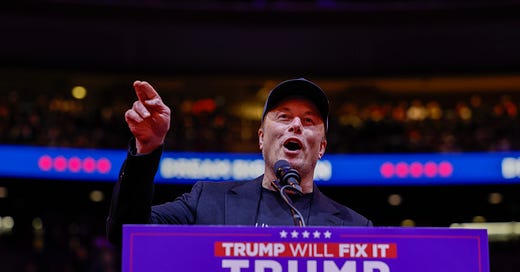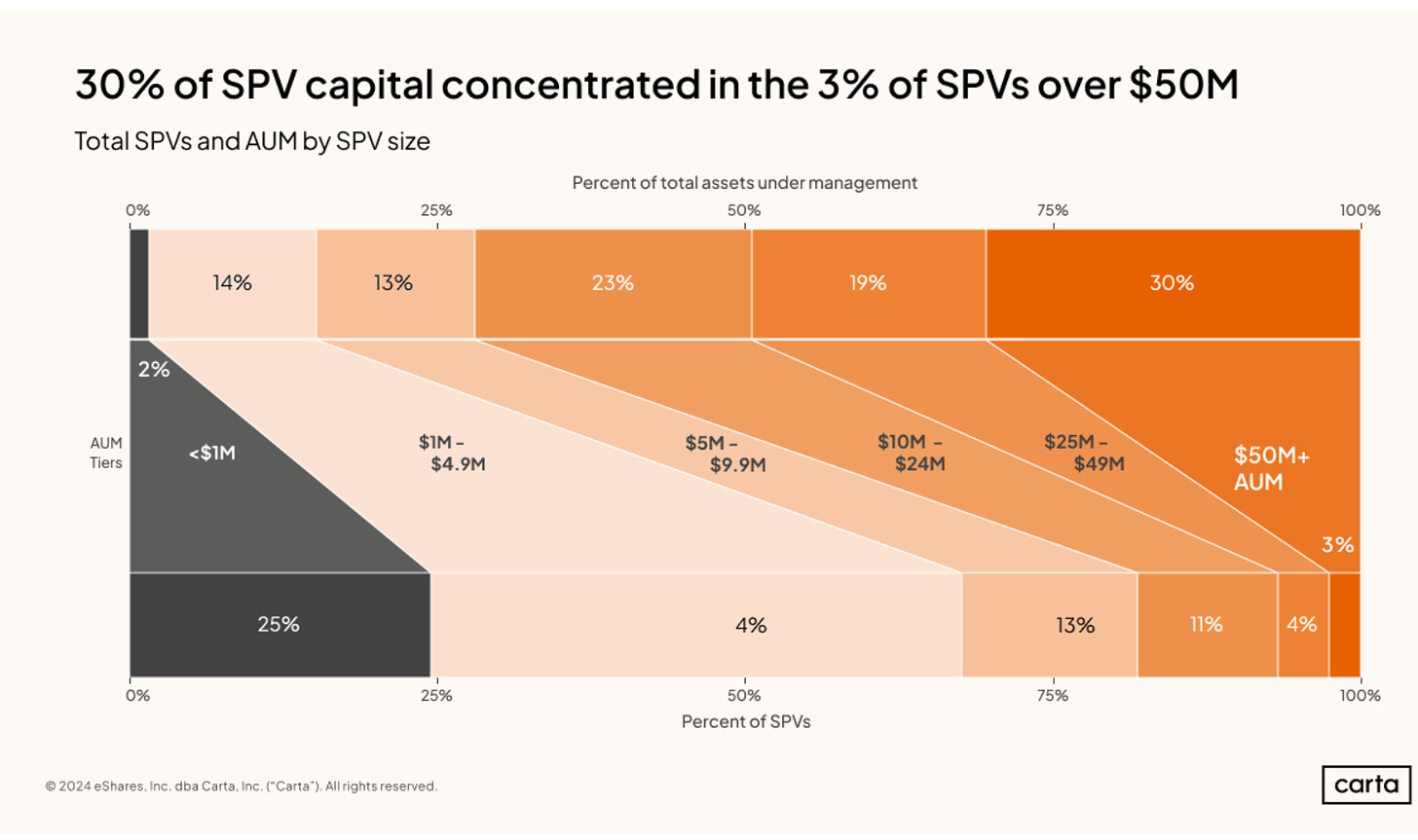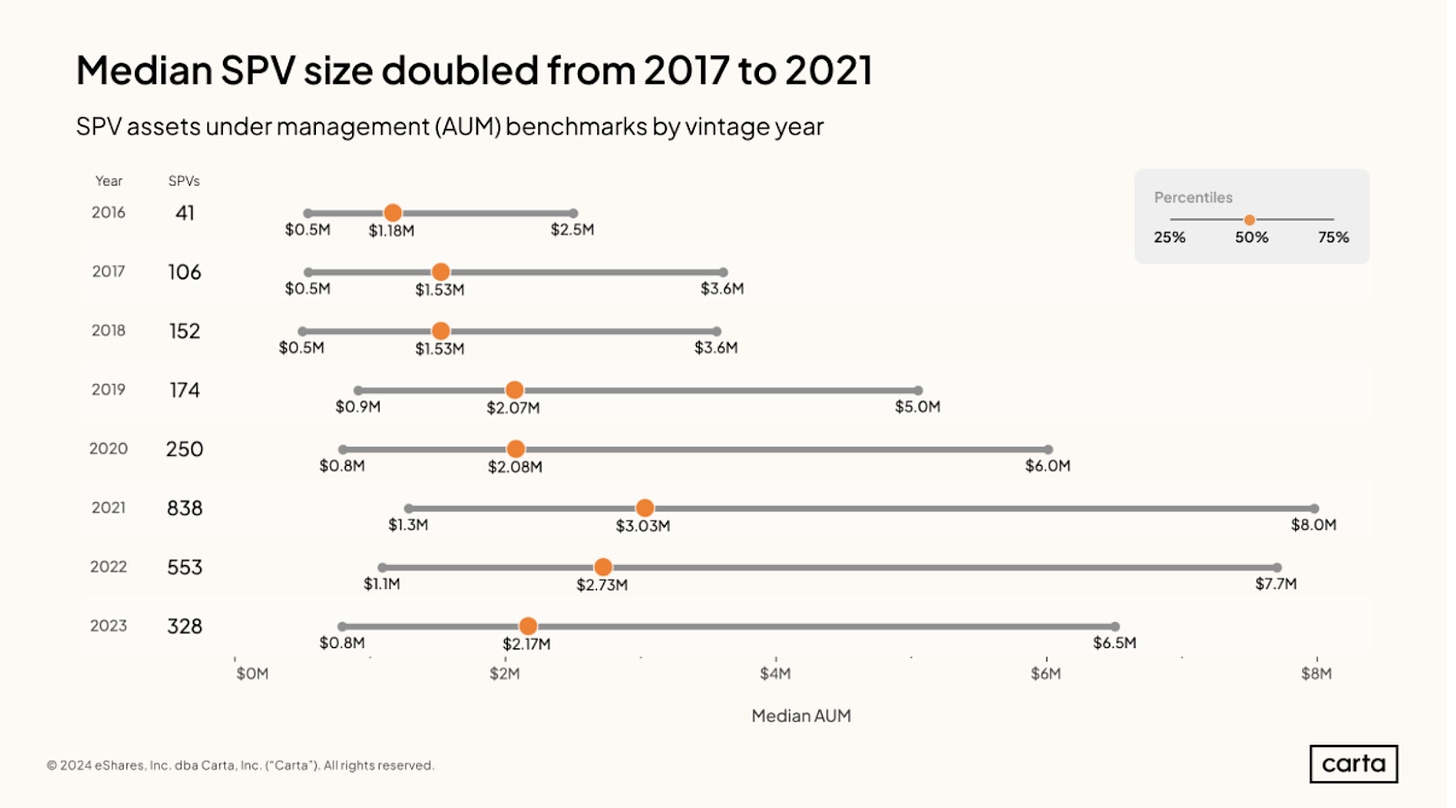Musk’s Trump Play Looks Corrupt & Possibly Effective
The combo may have already cowed Jeff Bezos, a former colleague says
The Main Item
Musk Inc. Has Much to Gain From Trump & Little Risk from Harris
Among Elon Musk’s many firsts, we can now include intervening in a U.S. presidential election in a radical new way.
The world’s richest man has not only showered former President Trump and his Republican allies with $132 million in donations — including more than $44 million in October — he’s hit the campaign trail with gusto, and offered $1 million cash giveaways in Pennsylvania that the Philadelphia DA, among others, believes are illegal.
His motives don’t seem to be entirely about his businesses. But a look at how Tesla, SpaceX, Neuralink, and other Musk endeavors might benefit under a Trump Administration that he helped put in power, versus the comparatively modest risks that a Harris Administration would bring, suggest that from a strictly Musk-centered financial perspective it’s a rational bet.
“By supporting Trump, he’s significantly reducing the chance that a Trump administration does anything to harm himself or his companies,” said Richard Barton, a professor of Public Administration and International Affairs at Syracuse University. “In a Harris administration, there’s not a clear drawback in him having intentionally backed Trump.”
Trump and Musk publicly align on most policy issues, though not all: Musk supports clean-energy policies that boost electric vehicles, which Trump has opposed, and tariffs could hurt Tesla’s China business more than they help U.S. sales.
Importantly, though, they align attitudinally in their animus towards enemies real and imagined, and their belief that rules don’t apply to them. That worries Musk rivals and critics just as much as any policy advantages he might gain.
Thousands of enterprises rely on Oracle Cloud Infrastructure (OCI) to power the applications that drive their businesses across industries like healthcare, scientific research, financial services, telecommunications, and more.
Oracle offers integrated suites of applications plus secure, autonomous infrastructure in the Oracle Cloud.
Talk with Oracle today about accelerating your GPU workloads.
Here’s how Musk Inc. could gain advantage if Trump were in the White House.
Tesla’s Self-Driving & Labor Relations Challenges
Musk continues to market his advanced autopilot feature as “full self-driving” even though it isn’t, and the National Highway Traffic Safety Administration opened a new investigation this month into 2.4 million Teslas equipped with assisted driving features after accidents raised alarms.
NHTSA is more insulated than other agencies from federal meddling, said Yeshiva University Law Professor Matthew Wansley, but a Trump-appointed official in charge could potentially slow investigations.
Still, the most important regulator in self-driving continues to be the California DMV, Wansley noted. While NHTSA oversees the safety of vehicles, it’s up to the states to grant approval for self-driving cars on their roads.
On the labor side, Tesla has fought unionization tooth and nail, and a more friendly NLRB under Trump would be a powerful ally. The former president had previously appointed John F. Ring, an employment lawyer from a management-friendly firm, while Biden’s appointee, Lauren McFerran, has been considerably friendlier to unions. Her term ends this December and it’s not clear whether Harris would reappoint her.
SpaceX & Starlink Tied Closely to Government Policies
SpaceX’s rocket launches are overseen in part by the Federal Aviation Administration as well state and local agencies in California, Texas, and Florida, where launches take place. Texas is a Musk ally politically and thankful for his business, while California not so much: just this month, the California Coastal Commission rejected an Air Force plan to allow SpaceX to launch as many as 50 rockets a year from Vandenberg Space Force Base, with one commissioner directly citing his promotion of disinformation as a reason.
SpaceX of course was built with enormous support from NASA and other government agencies, and still counts government launch contracts as a significant part of its business. Having allies in the FAA, NASA, and the Department of Defense would doubtless be helpful.
Environmental and noise issues at Boca Chica in Texas are creating a lot of pressures locally. In August, the FAA paused more launch permits at the site after the company faced accusations of violating the Clean Water Act. The Texas Commission on Environmental Quality also cited SpaceX for violating state regulations, although the two have since reached a deal.
When it comes to his Starlink satellites, the Federal Communications Commission is involved along with the FAA.
Musk has already lofted around 6,000 Starlink satellites and 300 cellular Starlink satellites into low-earth orbit, and wants to send up to 30,000 more. He needs approval from the FCC, and competitors as well as environmentalists are pushing the regulators to limit the size of the constellation. A Trump administration could readily put its thumb on the scales with friendly FCC appointments.
There’s also the issue of how Musk manages Starlink globally, and especially during armed conflicts. Musk has refused some requests from Ukraine and said he reserves the right to turn off the service when he deems appropriate, even though he claims he’s never done it.
It seems like the natural course for the federal government ultimately to force Starlink to follow its orders when it comes to foreign policy, but Trump could decide to let it go.
Neuralink Faces a Slow FDA
Musk will need FDA approval for Neuralink to implant more of its nodes into human brains, and the FDA is known to be slow and cautious, the opposite of the Muskian approach.
Neuralink had hoped to run 10 implants in patients this year, although this now seems unlikely. FDA regulators also found problems with Neuralink’s record keeping and animal testing quality controls at its California manufacturing facility earlier this year.
Though there are constraints, a Trump-appointed FDA head could potentially do a lot to clear the way for Musk.
Twitter, the SEC & xAI
Since Musk acquired X, formerly Twitter, there’s been little interaction between the company and the government. A Supreme Court ruling in July sided with social media companies in approving their authority to regulate content on their platforms, but Musk is going the other direction anyway.
He’s currently in a showdown with the SEC over whether he waited too long to disclose that he was buying up vast amounts of Twitter shares before he stated his intent to purchase the company. He’s warred with the market regulator on numerous occasions, and an ally atop the SEC could be among Musk’s biggest wins.
Still, the current SEC chair, Gary Gensler, is unpopular with many on the left as well as the right, and could be replaced regardless of who’s president.
Musk’s xAI is now ramping up with a new funding round and a $45 billion valuation, and he’d be in a position to influence AI policy in a Trump Administration. He’s been more supportive of regulation than many of his counterparts, but where he might come down on any specific future proposals is anyone’s guess.
Musk Influence Looks Like Corruption
Trump’s eagerness to use government power to punish enemies — he famously denied Amazon’s AWS a $10 billion DoD contract — is even more alarming when he’s arm-and-arm with the world’s richest man. A former Amazon executive told Fortune this week that he believed it was the Musk-Trump combo that frightened Jeff Bezos into dumping the Washington Post’s endorsement of Kamala Harris—a moment all-too-akin to a prosperous merchant bowing down to a violent mob boss.
Musk, like Trump, has proven happy to ignore the law when it suits him, and powerful officials and their rich friends acting with impunity for their own ends is one very good definition of corruption. If Trump were to follow through on the talk of appointing Musk as an “efficiency czar” to clean house in the federal government, the dangers of corruption and favoritism could ramp up even further.
Whichever way it goes, let’s hope Musk eventually reverts his attention to innovations in technology, rather than social engineering and power politics.
Two Big Charts
SPVs Are Getting Bigger and Bigger
In recent years, investors have gravitated to Special Purpose Vehicles, or SPVs, when they want to invest in certain companies. Very large deals account for a lot of the SPV dollars, mirroring the flight-to-size across the venture industry.
The most common SPVs are still for deals valued less than $1 million; they account for 25% of all SPVs on Carta. However, high-value SPVs are hogging more and more of the capital: SPVs that are over $50 million made up only 3% of all deals done between 2016 and 2023, but accounted for 30% of all the capital raised.
The median SPV size has also roughly doubled since 2016, despite going down slightly after the 2021 boom.
There are several reasons why investors would pool funds into an SPV. For a VC it can be a way to back a startup outside of their fund’s stated thesis. For newer investors, it can be a way to build up an investing track record before raising a fund of their own. They can be attractive to LPs since they have a lower barrier for entry cost-wise and are less expensive to set up.








